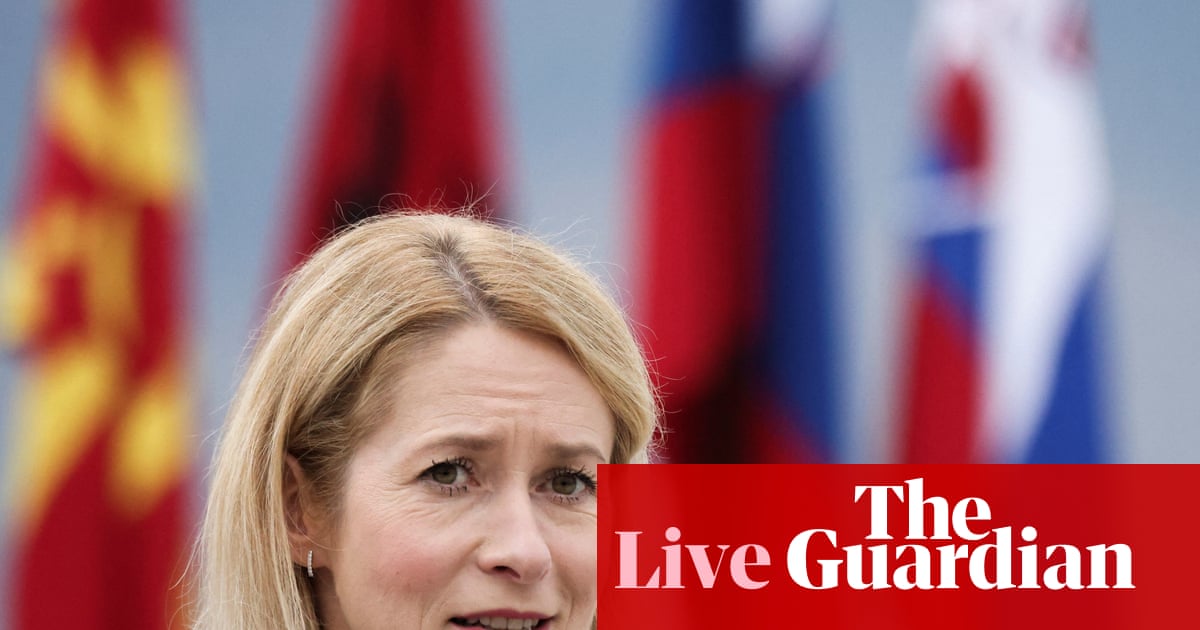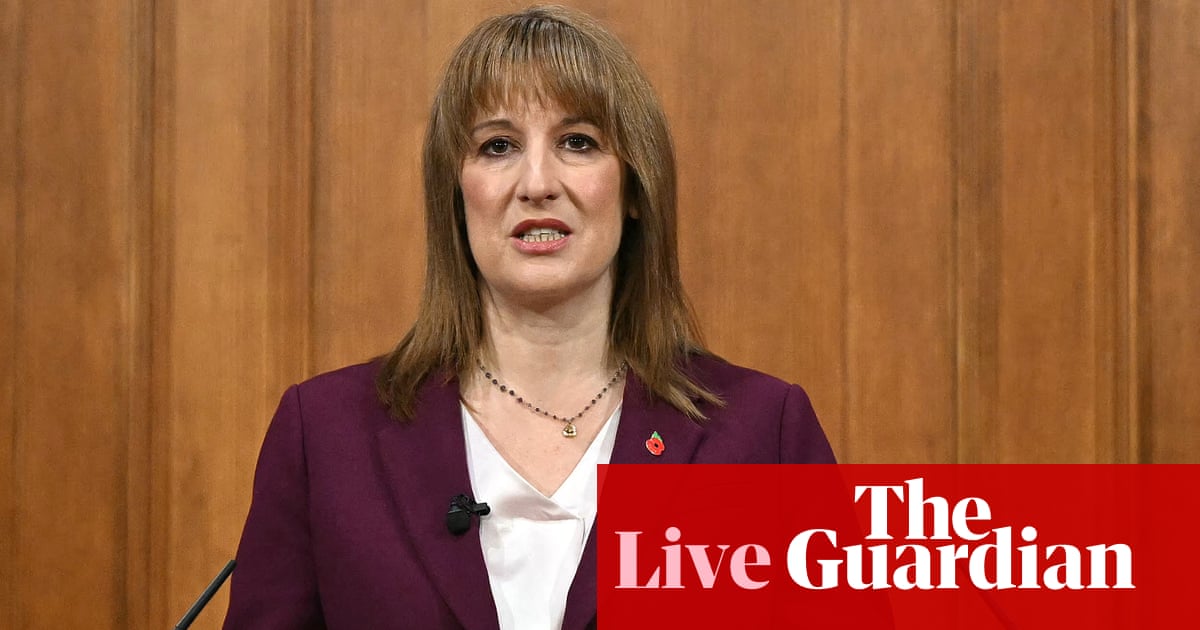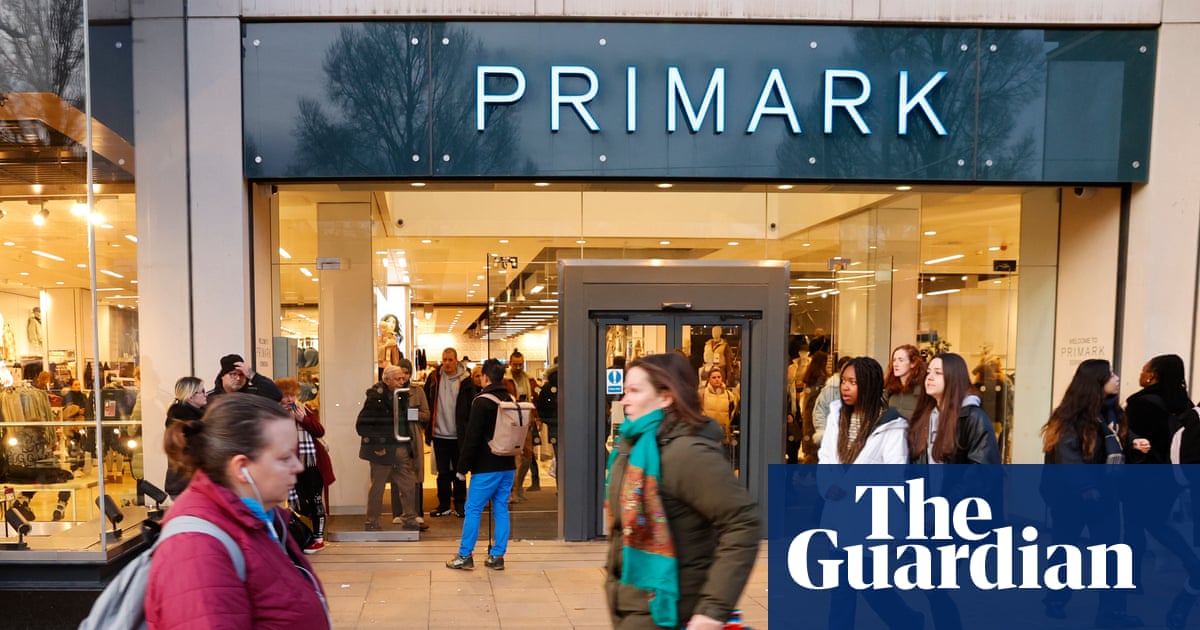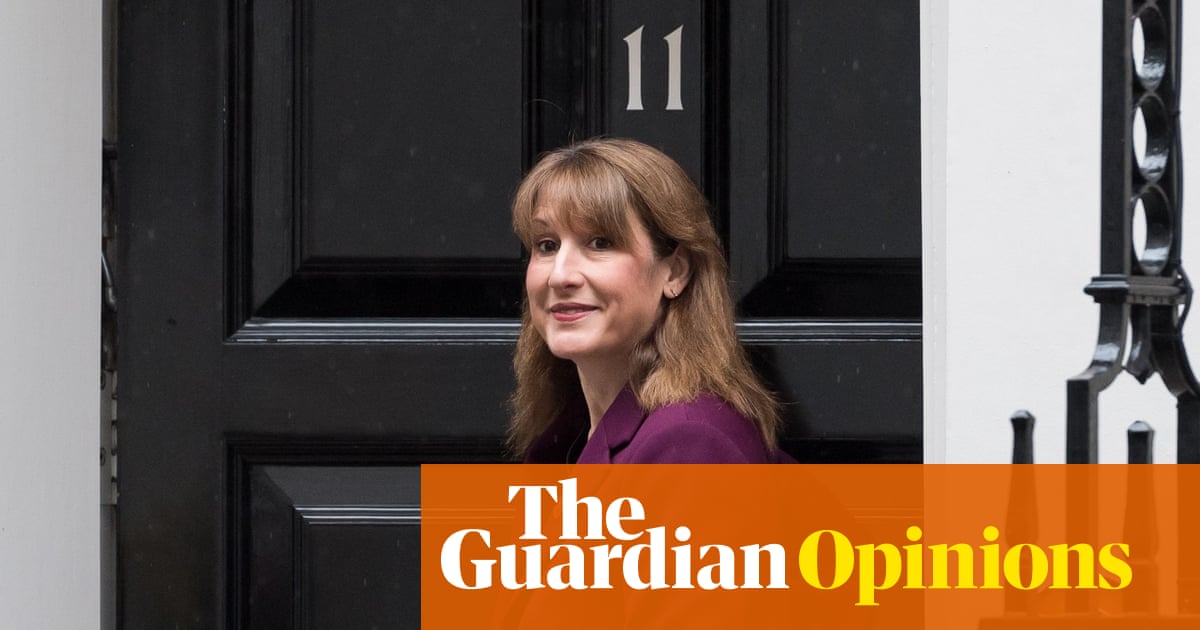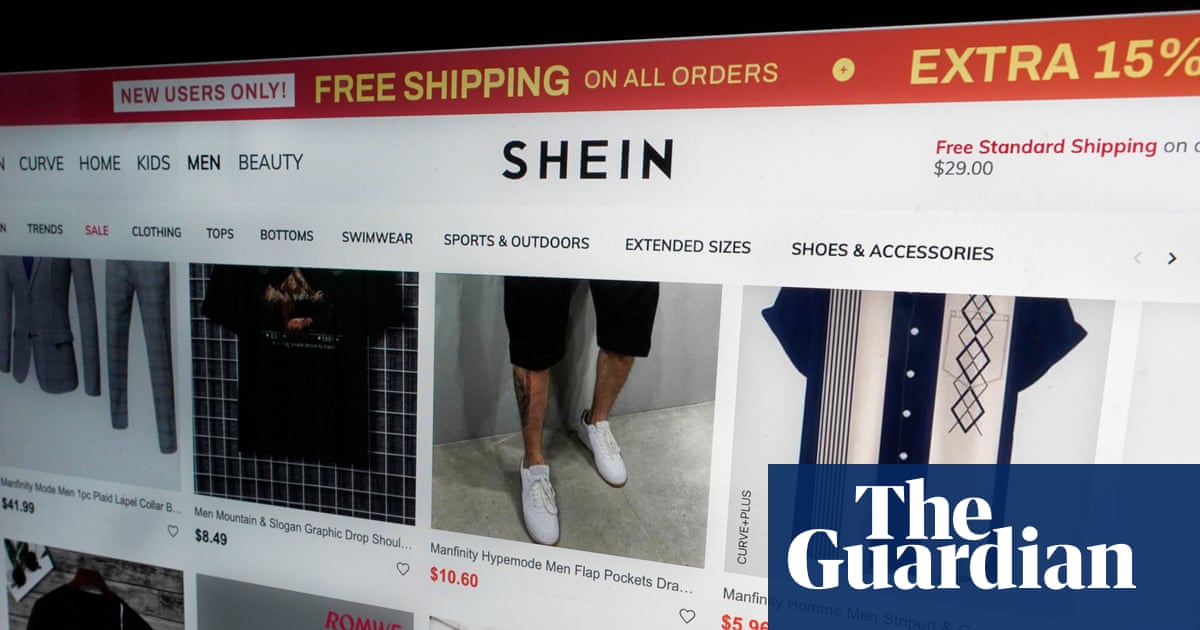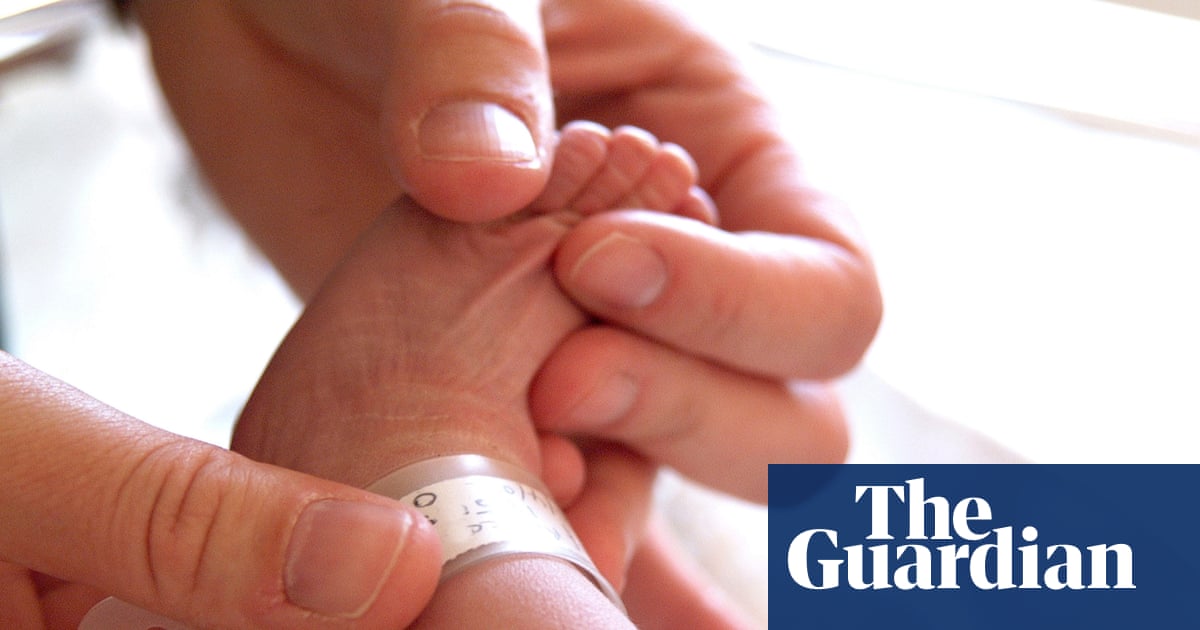Reeves: Second Gatwick runway will mean cheaper holidays
Chancellor Rachel Reeves has said a second runway at Gatwick will mean lower costs for a family holiday, and a greater choice of destination, as well as more good jobs.
Speaking at the airport, she said:
“Today, this Government are backing a second runway here at Gatwick.
“That’s in addition to our commitments to a third runway at Heathrow, small modular reactors and a new nuclear power station in Suffolk, backing energy projects and transport projects right round the country.
“This extra runway at Gatwick will mean that people going on holiday will have a greater choice of destinations. It will mean lower costs for a family holiday.
“And it will also mean more good jobs paying decent wages through this injection of cash into our economy.
“We said as a Government we will back the builders and not the blockers, and that is exactly what we are doing with this announcement.”
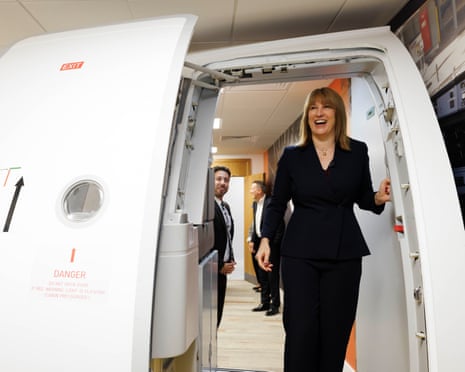
Key events Show key events only Please turn on JavaScript to use this feature
A couple more photos from Rachel Reeves’s trip to Gatwick today, after its £2.2bn second runway plan was given the go-ahead by transport secretary Heidi Alexander last night.
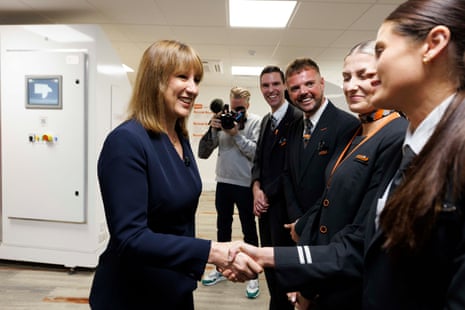
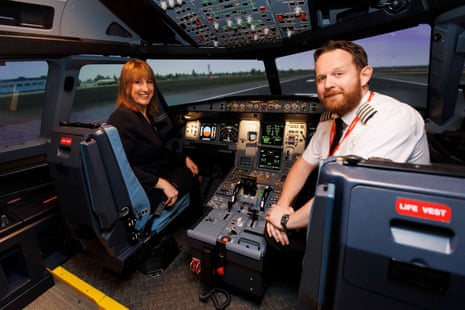
Alun Cornish, managing director ramp and gateways at FedEx Europe, hopes that expandng Gatwick will allow more goods travel to and from the UK.
Cornish says:
“We welcome the Transport Secretary’s support for Gatwick’s expansion, we’ve seen firsthand how vital air cargo is to Britain’s growth - helping businesses in the South East expand overseas and tap into global markets. Air connectivity isn’t just a convenience; it’s the backbone of international trade and economic strength.
We support appropriate airport expansion to deliver economic growth to the UK, but to unlock its full potential, cargo growth must remain a priority alongside passenger flights. Air freight is critical to modern supply chains and Britain’s global standing. Policymakers must act to ensure the UK remains a trading powerhouse. We look forward to what the future holds.”
Here’s a clip of Rachel Reeves explaining why the government has green lit a second runway at Gatwick:
Reeves: Second Gatwick runway will mean cheaper holidays
Chancellor Rachel Reeves has said a second runway at Gatwick will mean lower costs for a family holiday, and a greater choice of destination, as well as more good jobs.
Speaking at the airport, she said:
“Today, this Government are backing a second runway here at Gatwick.
“That’s in addition to our commitments to a third runway at Heathrow, small modular reactors and a new nuclear power station in Suffolk, backing energy projects and transport projects right round the country.
“This extra runway at Gatwick will mean that people going on holiday will have a greater choice of destinations. It will mean lower costs for a family holiday.
“And it will also mean more good jobs paying decent wages through this injection of cash into our economy.
“We said as a Government we will back the builders and not the blockers, and that is exactly what we are doing with this announcement.”

The cyber attack which hit European airports last weekend still appears to be causing problems.
Aviation analytics firm Cirium report that, at 9.30am BST today, there were a string of cancellations at Europe’s major airports.
They say:
-
Today, 22 September 2025 has seen 36 departures cancelled so far across Heathrow (LHR), Berlin (BER) and Brussels (BRU).
-
There have also been 25 arrivals cancelled so far, across the three airports.
-
In total, there are scheduled to be 682 departures from London Heathrow, 270 from Brussels and 290 from Berlin.
Those cancellation numbers are less bad than on Sunday, when 52 departures and 44 arrivals were cancelled across Heathrow, Berlin and Brussels.
Here’s another image showing Gatwick’s plan to relocate its emergency runway 12 metres to the north, to allow it to function as a second runway:
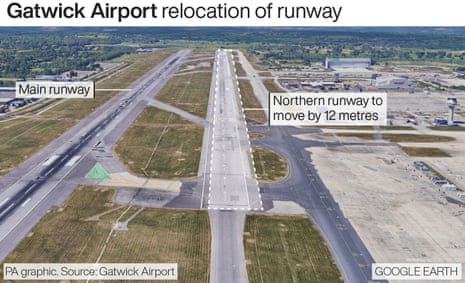
HSBC has said the increase in visa costs for foreign employees in the US is “manageable”.
That’s because the lender has fewer workers there than some of its peers or major technology companies.
Michael Roberts, who heads the British lender’s corporate and institutional banking division, told Bloomberg Television today:
“We don’t have a huge amount of visa holders. For us, it is manageable.”
Roberts added it may be a “much bigger issue” for other financial services companies and tech firms.
The White House clarified over the weekend that the order applied only to new H-1B applicants and not holders of existing visas or those seeking renewals.
Before that clarification, several companies advised employees on H-1B visas to stay put or return to the US before 21 September.
The Financial Times reports that this led to “chaos at airports on Saturday as workers hurried to return to the US”.
Shares in some Indian IT firms fell today, in response to the H-1B visa fee hike.
Infosys’s shares are down by 3.1%, while Tata Consulting Services has lost 3.2%.
Trump's $100,000 H-1B fee 'will hurt US growth'
Economists are warning that Donald Trump’s decision to hike the cost of skilled worker visas will hurt the US economy.
Imposing a $100,000 annual fee on new H-1B visa applications is expected to dampen economic growth, and pose particular problems for US technology companies who are major users of the scheme to attract foreign talent.
Atakan Bakiskan, economist at Berenberg bank, has dubbed the move an example of the Trump administration’s “anti-growth policymaking”.
Bakiskan says:
Deportation efforts, attempts to strip work permits from existing employees, and a hostile environment for foreign workers have already caused labour force growth in the US to nearly flatline. With the new H1B policy, the labour force is more likely to shrink than expand going forward.
The future of economic growth now depends almost exclusively on productivity gains. However, by making it very expensive for companies to attract foreign talent, and by forcing some international students to leave the country after graduation, the brain drain will weigh heavily on productivity.
Berenberg recently lowered their estimate for US trend growth from 2.0% at the start of the year to 1.5%. Bakiskan warns that unless Trump relents, that 1.5% forecast “may soon look optimistic”, adding:
Taken together, the erosion of trust in institutions, a loss of human capital, tariffs, chronic uncertainty, and unsustainable fiscal policies can raise the tail risk of a financial crisis in the US. In the long run, they may set a path for an even weaker dollar and higher long-term yields.
Bakiskan adds that the US economy can still grow with no job creation. But it will grow more slowly, and with a higher risk of stagnation or recession.
India, which has been the largest beneficiary of H-1B visas, has criticised the White House’s move:
Kathleen Brooks, research director at XTB, suggests Trump’s plan to raise the H-1B visa application fee to $100,000 could hit Amazon in particular, explaining:
The new policy is now in effect, and it may impact the mega cap tech stocks who employ thousands of people on H-1B visas. Amazon has the highest number, closely followed by Microsoft, Meta, Apple and Google.
Although these companies have the money to afford the vias, other sectors who also rely on H-1B visas may struggle with future recruitment, for example the health care and education sectors.

.png) 1 month ago
34
1 month ago
34
